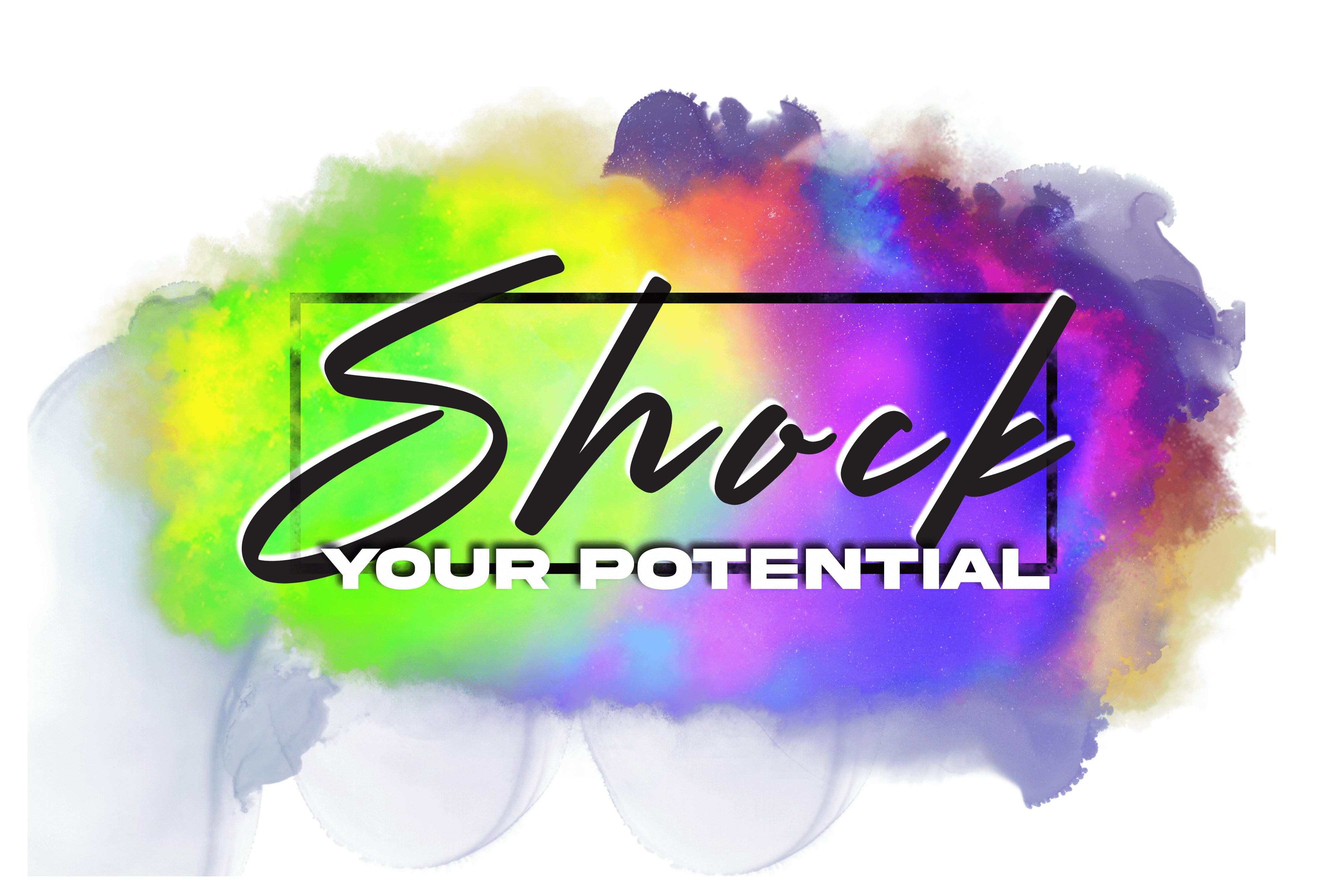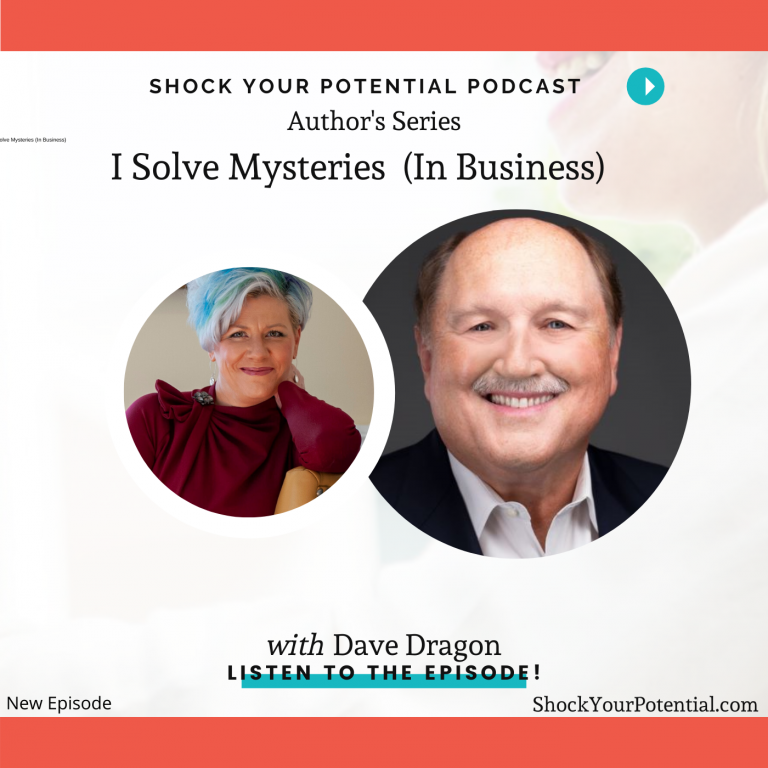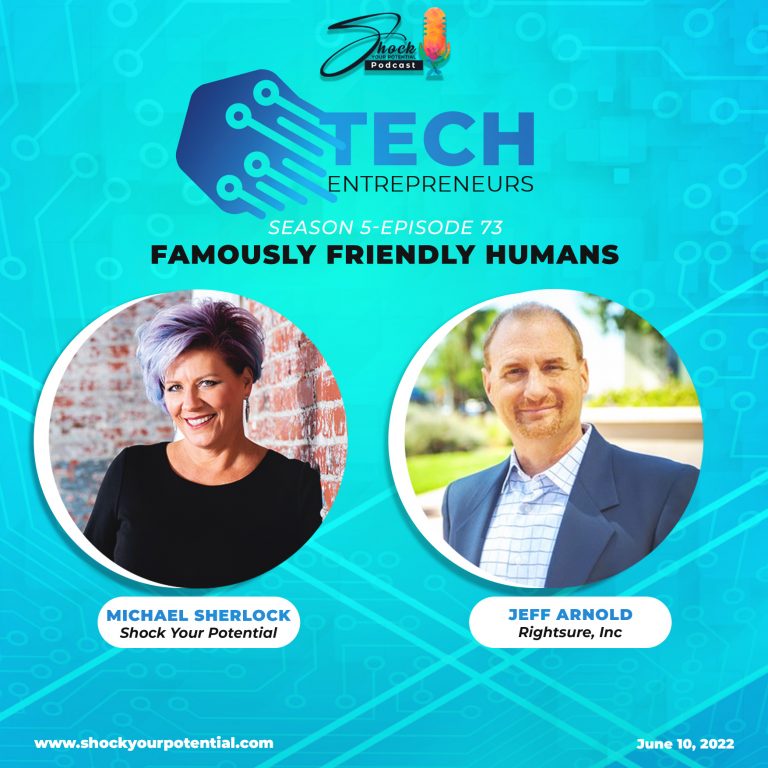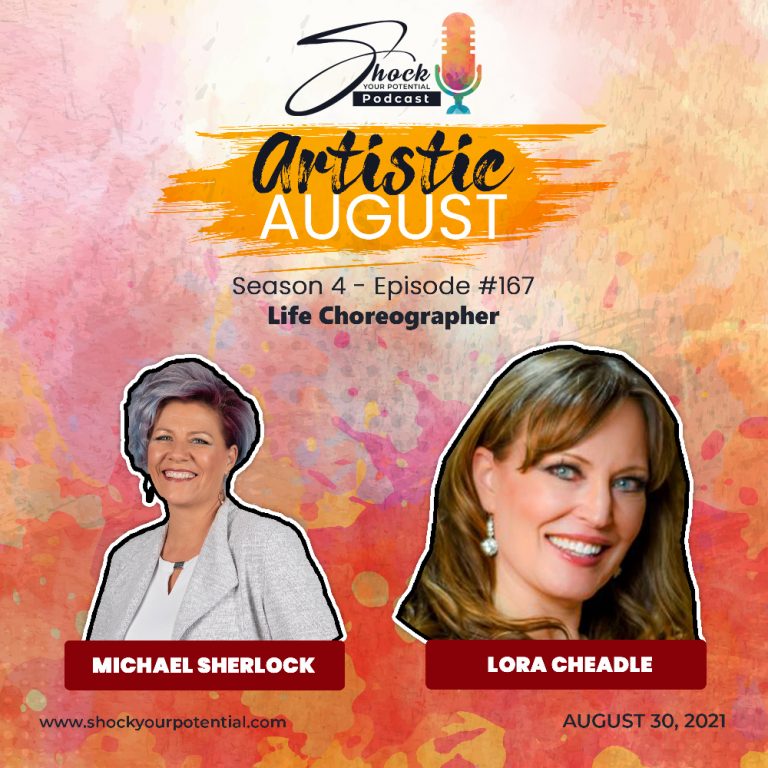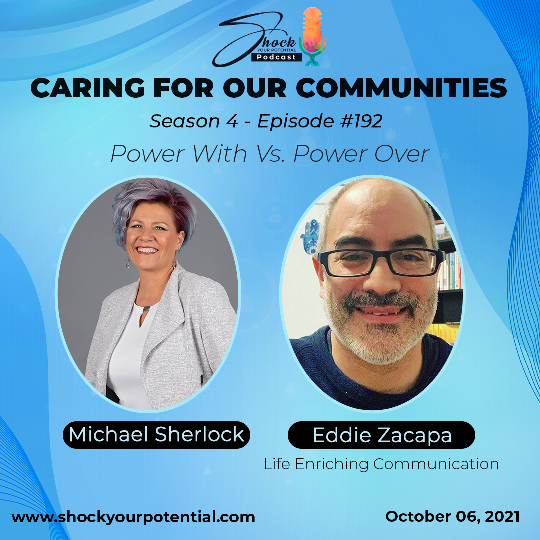“You’re especially designed to do something because no one’s here to do nothing.” Emily Chang
We are all part of something bigger than ourselves, the larger community. Better and functional communities are not built in a day but rather, it is about consistently performing acts of service that uplift others. Emily Chang has been enthusiastic about supporting and building her community, and says it is not so much about the big things, but rather, it is the small acts that really contribute to a thriving community.
Emily Chang is the CEO of McCann Worldgroup, China. Prior to accepting this new role, she took a year off to write a book called The Spare Room, the topic of her first TEDx Talk. Before that, she served as CMO for Starbucks China, where she cared for the teams that helped open the first Starbucks Roastery outside of Seattle and commercialized the brand’s digital gifting and delivery programs. Lotus (Chapter five) lived with Emily’s family while she worked at Starbucks.
A strategic business leader with over 20 years of experience, Emily is known for globalization, cross-cultural team leadership, and innovative brand building. Recognized for her ability to drive change and renew organizations, Emily approaches opportunities with an entrepreneurial mind set to establish a culture, set a vision, and build capability. She is known first and foremost as a people leader and team builder.
Prior to Starbucks, Emily was the Chief Commercial Officer for IHG, Greater China, where she looked after 320 hotels and an extended team of 5,200 members. While she was at IHG, Emily’s family cared for five kids, including Teo (Chapter four). Moving to Shanghai in 2011, Emily led the marketing organization that established the face of Apple Retail in Asia Pacific. While working at Apple, Emily’s family cared for three young people, including Jaesin (Chapter three).
She first developed her General Management, Marketing and Brand expertise at Proctor & Gamble. Five young people shared her spare room in the 11 years that Emily worked at P&G. Today, Emily sits on the board of SOS Children’s Villages and has spoken at select conferences and events, including the Fortune Most Powerful Women’s Summit in Hong Kong, C2 in Montreal, and has delivered three TEDx Talks.
In her free time, Emily loves to teach, read, and write. She challenges herself to learn a new “big thing” every year (2019 was all about the book, and she’s spent much of 2020 straddling a cajon drum). Most of all, Emily enjoys spending time with family: her husband of 20 years, her 12-year old daughter Laini, Holly Berry their rescued mutt, and Jellybean, their pygmy hedgehog.
In today’s episode, our guest will talk about how she found her positive thing that contributes towards her community. She will also discuss her book and what it entails.
Listen in!
Social Media Handles:
Author Website: https://social-legacy.com/
LinkedIn: https://linkedin.com/in/emilychang8621
Facebook: https://www.facebook.com/emily.chang.925602
Instagram: https://instagram.com.thespareroombook
- The first thing is that for me, it’s never been about work life balance but about work life integration. [4:11]
- As I’ve gotten older, one of the things I realized was I had an opportunity to better integrate my personal life with my professional. [4:36]
- We always had these kids in our spare room and it was something that we certainly didn’t hide, but also didn’t really bring to the forefront either. [4:42]
- As we identified the spare room as a social offering to our community, we started to realize that talking about it isn’t really about ego. [5:14]
- We embraced the idea of talking about the spare room with a TEDx talk and then took a year to write the boo [5:36]
- We believe this builds into our community and pays tribute to each of the people that we’ve had the privilege of sharing our spare room with. [5:43]
- You don’t have to do very big things but something that you are specially designed to do that will actively support and build into your community, however you define it. [5:53]
- I don’t think it’s the best use of time to try and convince somebody else of your thing, everybody will come into it on their own. [7:28}
- If everybody starts identifying their offer and their offense, we can create communities that go after improving their communities. [7:43]
- I did a talk a few years ago called ‘The power of And,’ which was all about the power of paradox and how you can take two ideas that seem in congruent and find the mutuality in the middle of them. [9:26]
- Sometimes we look at people who look like they’ve arrived and it looks like they have it all togetherand think that they have these intentions but usually it’s not [10:26]
- It doesn’t always have to be intentional or some grandiose gesture, sometimes it’s your heart saying, I can do something about this. [11:07]
- We are capable of so much more than we can possibly imagine but we don’t have to go after the grand gesture or the fully designed, well orchestrated, intentional, purpose driven thing. [11:27]
- We can do what helps us feel like we’re doing something positive and when you find that moment, then you’ve hit on something where you can naturally add value to your community. [11:40]
- You want to position yourself in a way to maximize the value contribution that you can leave in the place around you without the risk of falling into the ego trap. [14:21]
- Commercial break. [15:40]
- When we talk about community service, or CSR, sometimes it feels like something that has to be sacrificial and that is human nature. [17:54]
- If we take an abundance mindset where we want to contribute more than we consume. We want to leave something more than what we’ve taken from this world. [18:06]
- The format of the book is written in very much a self reflection, action-oriented mindset and I don’t want this to be a book but a movement. [18:58]
- If this can become something that’s good for the world which helps people articulate how they contribute more than they consume, then that is something that I would feel really good about. [19:34]
- I do believe people are good and generally want to contribute more than they consume but may not know where to direct that attention or what they can [19:44]
- The construct of the book is a Venn diagram where in chapter one, you’ve got your offer and the second chapter talks about offense, then chapter three is the intersection of 1 and 2. [20:00]
- Chapters four and five talks about the action plan and the last part of the book is about, what I want to look back on that can have people say something about me after I’ve passed. [21:38]
- I’ve always believed that defining the end state helps you become much more intentional, with your time, priorities, and your investment. [21:54]
- There’s positive power in positive words so we want to define the things that we’re good at and embrace [23:56]
- Nobody should do nothing and nobody wants to do nothing, so feel empowered even if you do a small thing. [25:48]
- People came from very ordinary and said, I think I can go do something about this and they ended up changing the world for somebody. [26:14]
…………………..…..
TopDog Learning Group, LLC is a leadership, change management, and diversity and inclusion consulting firm based in Orlando, FL, USA but with “TopDoggers” (aka consultants) throughout North America and beyond.
They focus on training programs (both virtual and face-to-face), keynotes and “lunch and learns,” group and 1:1 coaching, and off-the-shelf solutions.
One such solution is their Masterclass on The Top 3 Strategies to be Resilient in Times of Change.
This thoughtful self-paced online training will guide you through three tactics you can immediately use to—not just survive—but thrive when change comes at you.
Use the code RESIL50OFF for 50% off the program! Just go to https://bit.ly/3a5mIS6 and enter the code RESIL50OFF, in all capitals, to redeem your 50% off coupon. The link and code will be available in our show notes for easy access.
